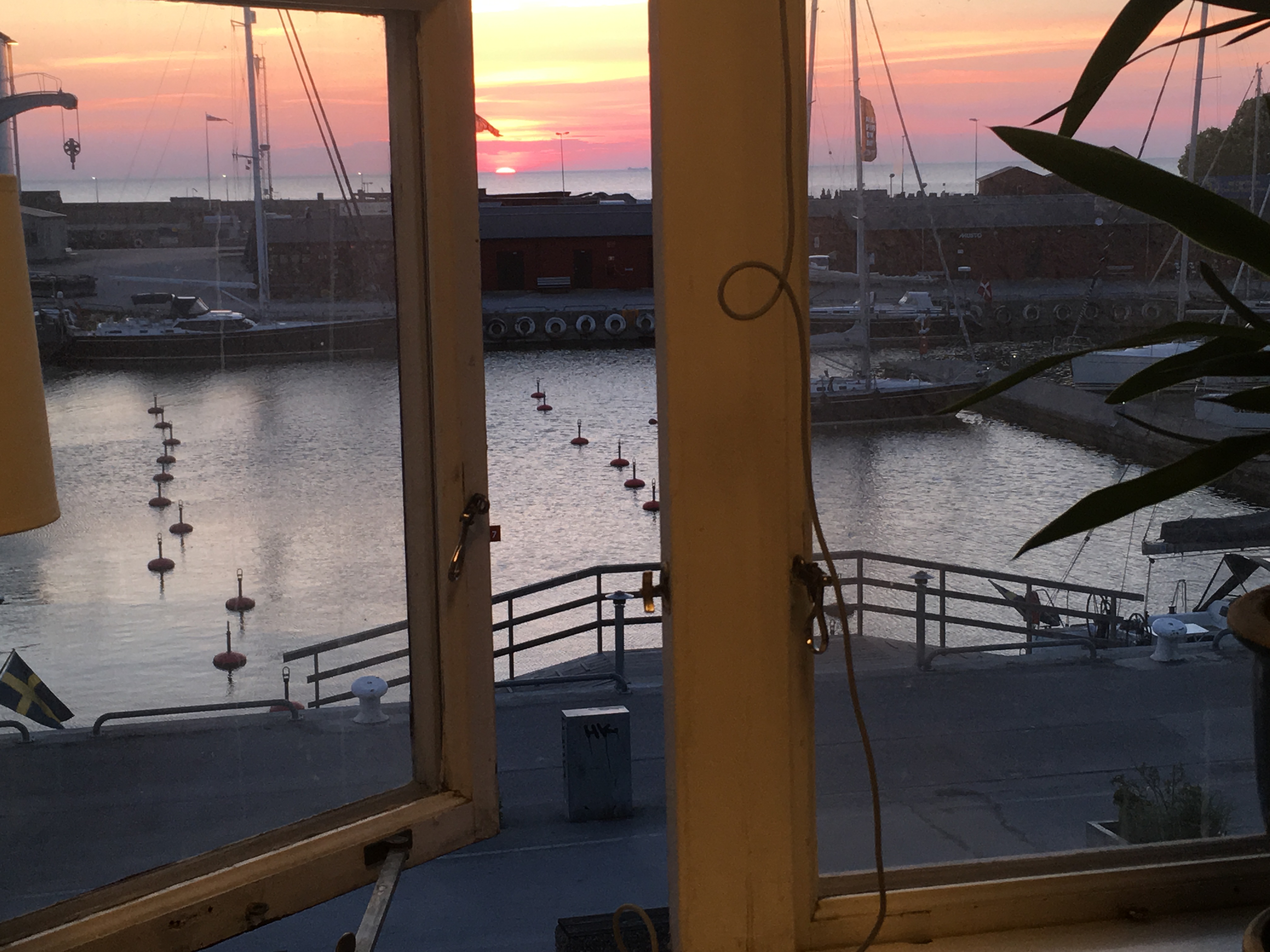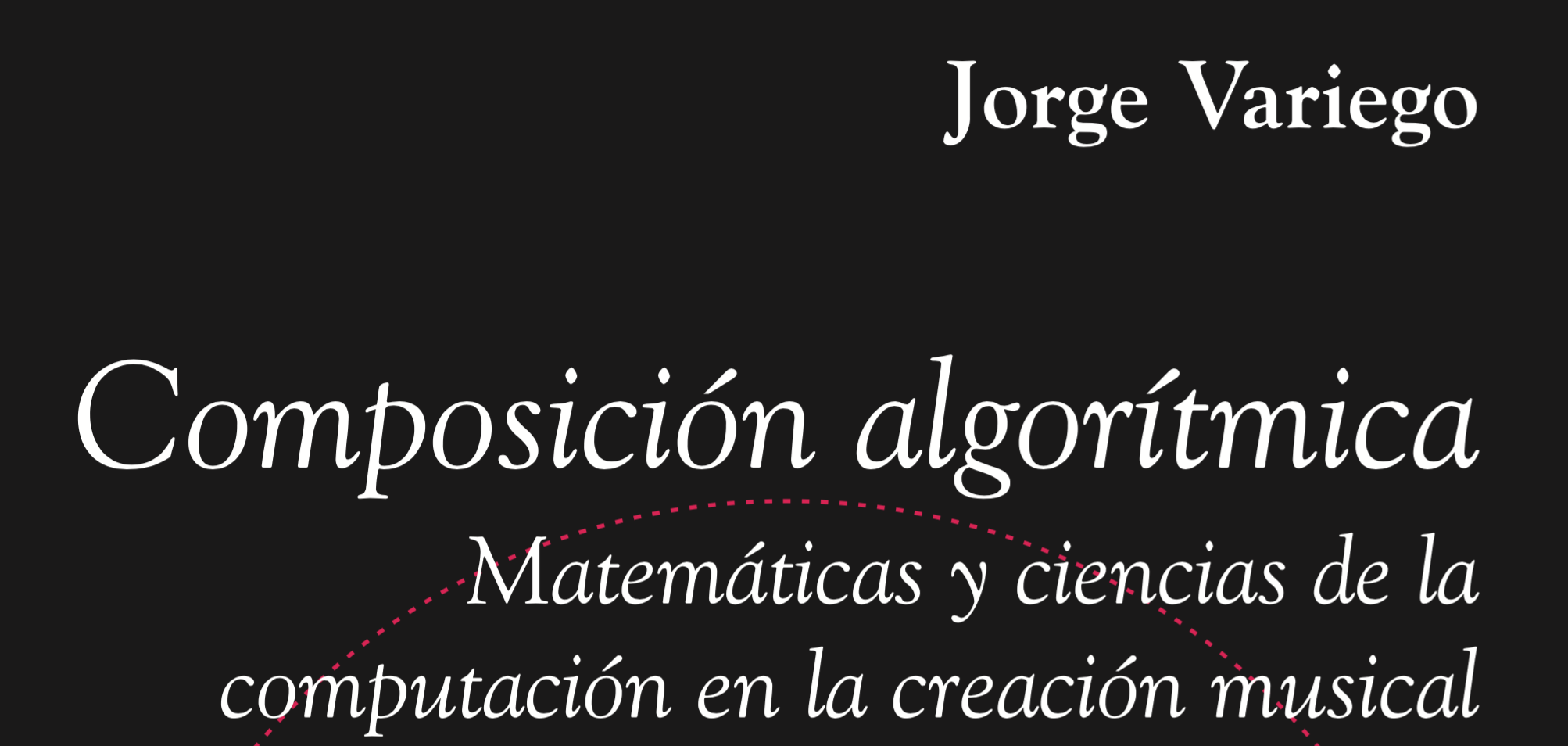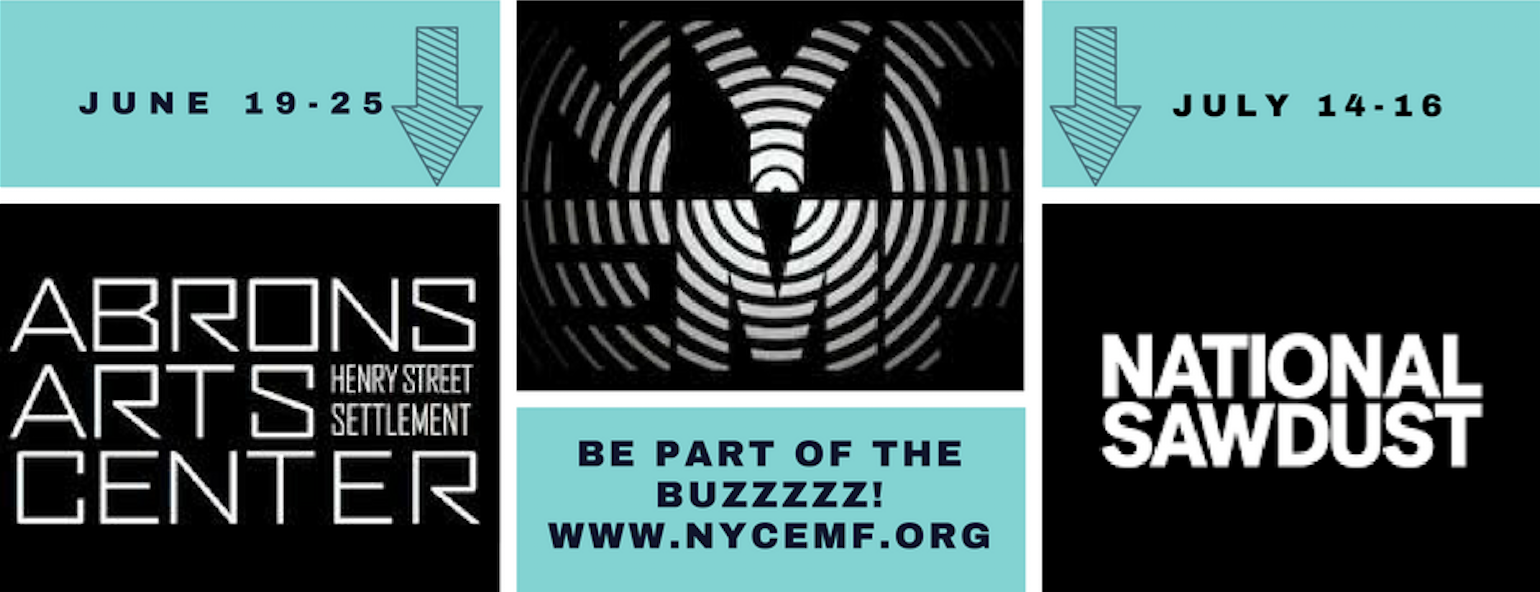
Q: What initially sparked your interest in music and how old were you?
A: Many, many years ago, when I was 11 or 12 years old, I wanted to play the saxophone because it was extremely shiny 🙂 but in the music school where I went there wasn’t a saxophone teacher so I got stuck with the clarinet. No choice. That’s how my interest in music started. My grandfather was a tango musician, a bandoneón player, I think that influenced me too.
Q: Were you surrounded by music growing up? Where there are any musicians in your family?
A: Not really. My parents always supported my love for music, but I don’t think they ever understood it (even today!)
Q: As an artist, how would you say you have evolved over the years?
A: From the very beginning I was interested both in classical music, jazz, tango and improvisation. I would say that my journey begun as a performer and improviser, focused on getting a “classical” training. In my Early 20s I started taking formal composition lessons, which was a huge leap for me. Since then my imagination started to work very differently.
Many years later, after finishing school, teaching and living in the US, my music is going back to my roots. I am writing pieces that tell a story, my story. Pieces that are about my country, my experiences and images, I’m looking for a voice to express my love for jazz, tango, classical music and free improvisation. That’s were I am now. Purple Ego is part of it.
Q: What are some of the challenges you have faced, both personally and professionally, in your musical career? How did you overcome them?
A: Musicians face challenges every day! We always want to get better and better! That said, the challenge that comes to my mind is related to the uncertainty that I experienced after finishing my college degrees. In school you acquire a great deal of tools but nobody tells you what to do with them! It took me some time (years) to find spaces where I could be a performer, composer and improviser. Most of the time I had to create those spaces in order to put my toolkit in action.
Q: How would you describe your new album, Purple Ego?
A: Purple Ego is both a culmination and a starting point. The repertoire summarizes my artistic search for the last few years and the beginning of the new one.
The album transits between the cracks, it is very hard to put in a box, it has its own voice. It incorporates elements of improvisation, jazz, tango, rock and roll, all filtered through my vision as an “academic” composer.
I actually enjoy listening to it!
Q: What are your goals as a musician?
A: I am always looking to be the best performer, improviser and composer that I can be.
Q: How did the band form and who is in it, what instruments do they play?
A: I conceived the instrumentation of the group for Purple Ego some years ago when I was living in Europe. The sound of the quartet with clarinet, electric guitar, double bass and drums is extremely open and versatile. The players in the recording are Keith Brown (drums), Jon Hamar (double bass), Mark Boling (guitar) and myself in clarinets, compositions and some electronics). It was a pleasure to work with Keith, Jon and Mark, they bring so many things to the ensemble, a sum of beautiful intangibles that I could have never composed.
Currently I am exploring with a trio formation with clarinets, double bass and drums. Even more open than the quartet! In some compositions I am incorporating the soprano saxophone. We are recording new works for the next EP in December. I’m very excited about that too.
Q: Did you study music in school?
a: Yes, I did graduate studies in performance and a PhD in composition. I currently teach in college, at UT in Knoxville.
Q: Which musicians have inspired you and how?
A: The list is long but the fire of Ligeti, Stravinsky and Piazzolla is always fueling and inspiring. Eric Dolphy is also an inspiration. Harry Sparnaay of course! I guess that the general answer would be all musicians that take (or took) risks. As a composer-performer-improviser Antony Braxton is also an inspiring figure. For the next EP I wrote a piece alla Braxton.
Bob Brookmeyer, Gil Evans, Maria Schneider.
The Bad Plus trio is also a reference for me, their rendition of “The Rite of Spring” is conceptually outstanding.
Q: Are there any artists who influenced you to change your approach to music and how?
A: Yes, in the early ’90s I heard bass clarinetist Harry Sparnaay play a solo bass clarinet recital with electronics in my city (Rosario) in Argentina. That experience was extremely moving and influential for me. I remember leaving the concert thinking “I want to do that, I want to do that!”.
Astor Piazzolla has been (and still is) an important influence in how approach music. He managed to reinterpret tango, one the pillars of Argentine tradition. That is in itself extremely powerful.
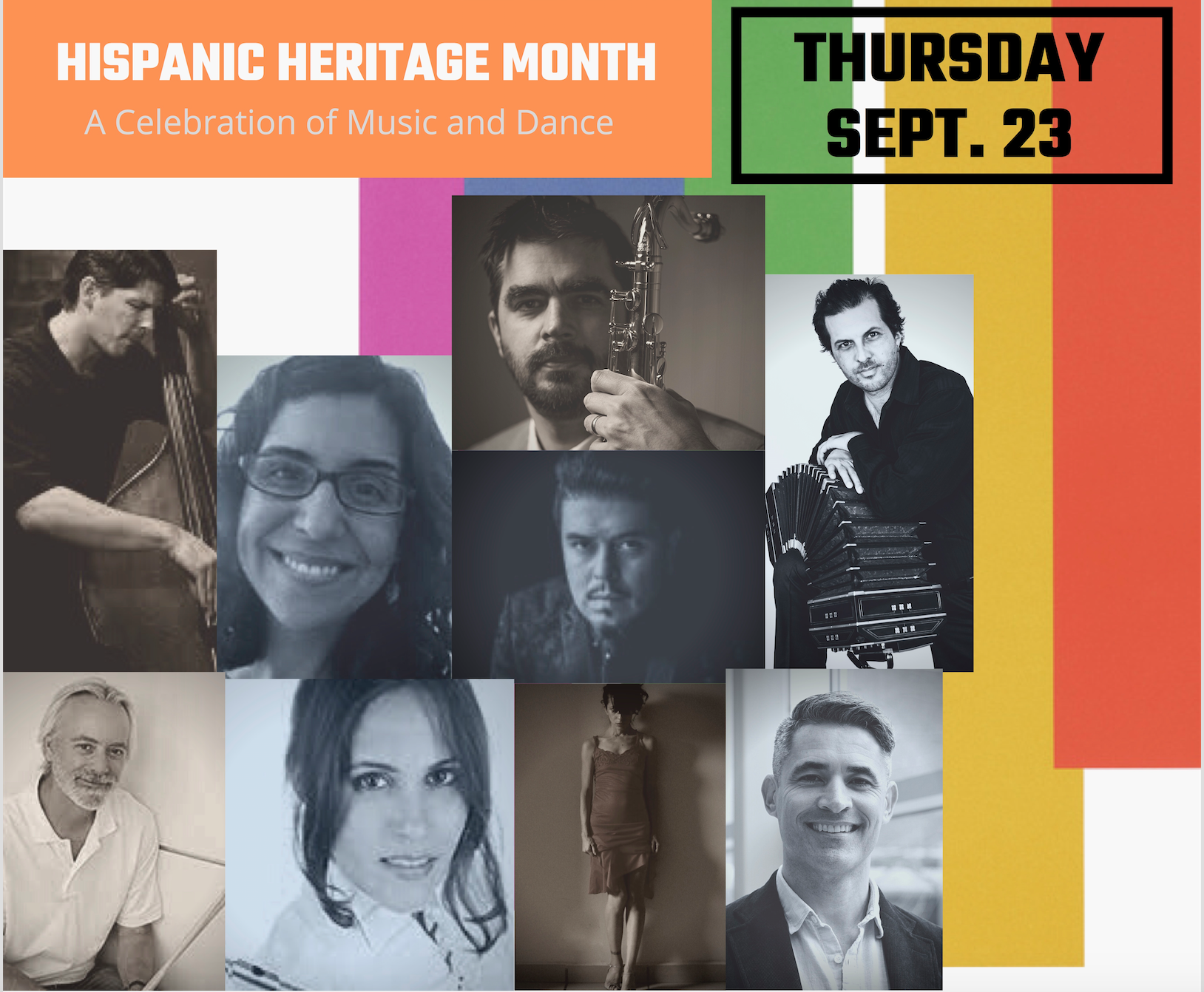


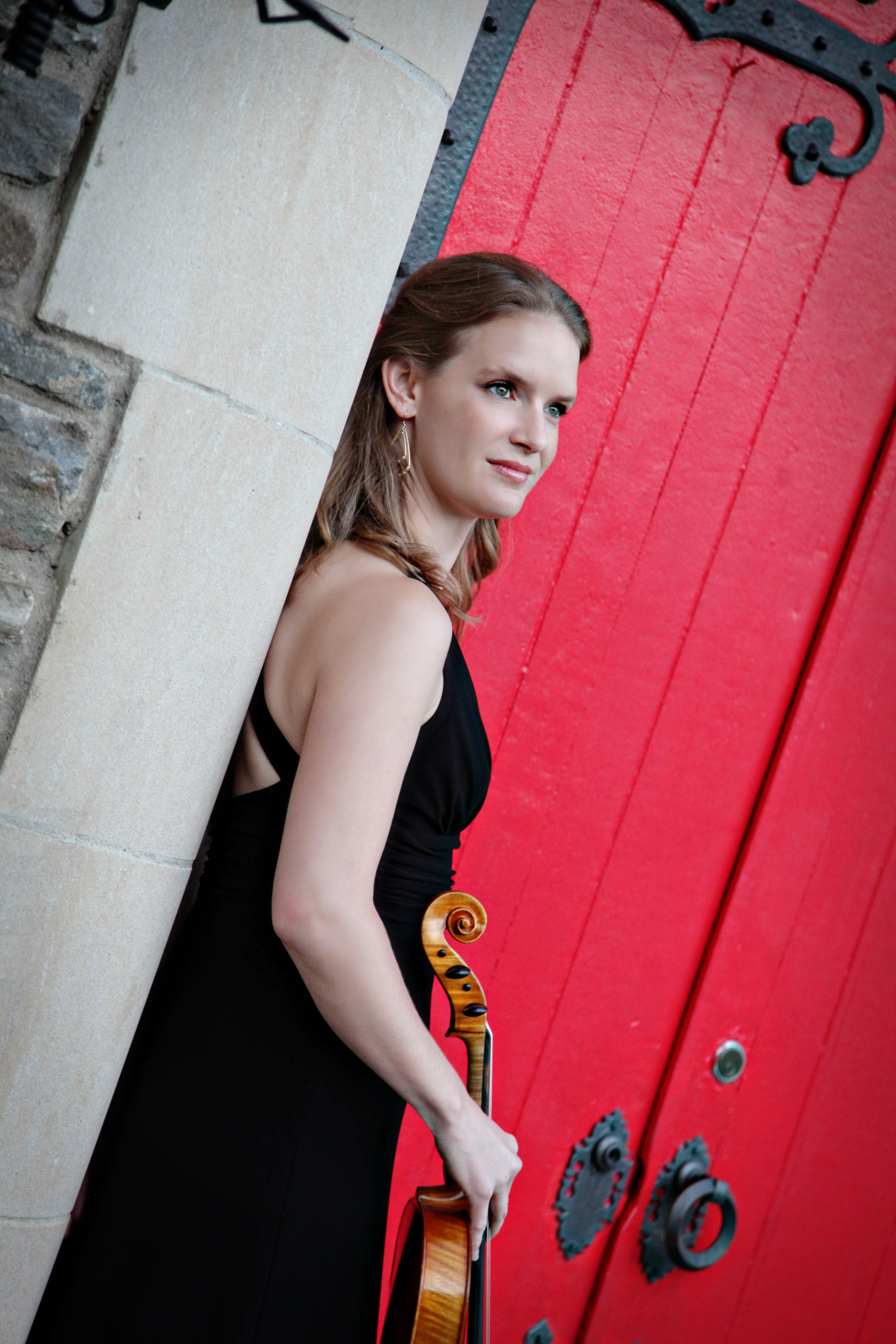 Violist Hillary Herndon has earned a national reputation for her brilliant playing, “sweetly soaring tone” (Time Out New York), and insightful teaching. She has been heard on NPR and PBS and has collaborated with some of the world’s foremost artists, including Itzhak Perlman, who described Hillary as “having it all… a gifted teacher and an excellent musician.” Ms. Herndon teaches at the University of Tennessee, the Viola Winter Intensive and is the director of Daraja Strings in Moshi, Tanzania. Her recordings are available on MSR Classics. Herndon holds degrees from Eastman and Juilliard and serves as President for the American Viola Society.
Violist Hillary Herndon has earned a national reputation for her brilliant playing, “sweetly soaring tone” (Time Out New York), and insightful teaching. She has been heard on NPR and PBS and has collaborated with some of the world’s foremost artists, including Itzhak Perlman, who described Hillary as “having it all… a gifted teacher and an excellent musician.” Ms. Herndon teaches at the University of Tennessee, the Viola Winter Intensive and is the director of Daraja Strings in Moshi, Tanzania. Her recordings are available on MSR Classics. Herndon holds degrees from Eastman and Juilliard and serves as President for the American Viola Society.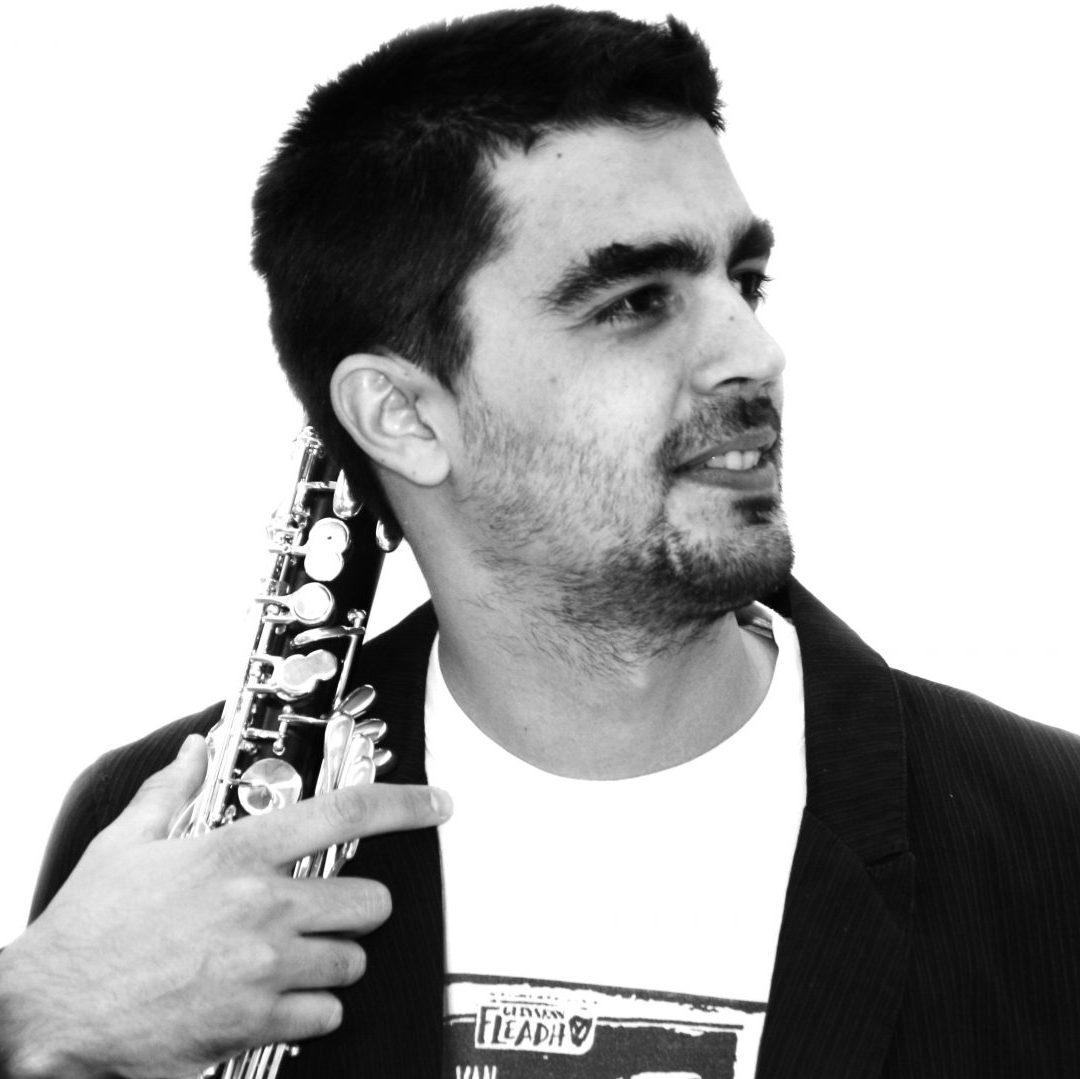 Jorge Variego was born in Rosario, Argentina. He is a former Fulbright Scholar and is currently on the Music Theory/Composition faculty at the University of Tennessee. His book publications include “Algorithmic Composition” with the National University of Quilmes (2018) and the upcoming “Composing with Constraints” with Oxford University Press.
Jorge Variego was born in Rosario, Argentina. He is a former Fulbright Scholar and is currently on the Music Theory/Composition faculty at the University of Tennessee. His book publications include “Algorithmic Composition” with the National University of Quilmes (2018) and the upcoming “Composing with Constraints” with Oxford University Press.
